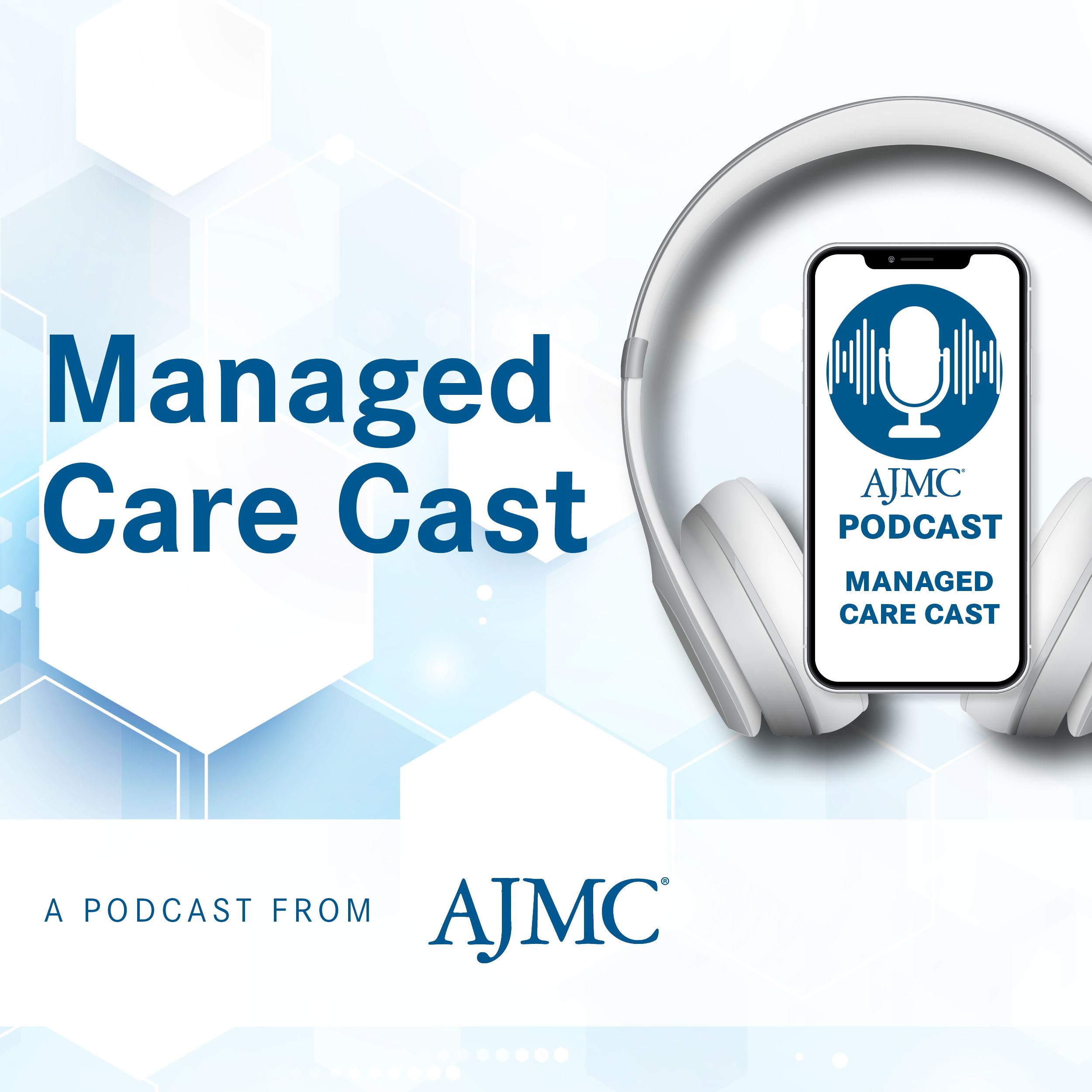Commentary
Article
Never Give Up on Your Diagnosis: Caitlin Kindberg's Message to Patients With Idiopathic Hypersomnia
Author(s):
Caitlin Kindberg, a patient advocate from Nashville, Tennessee, discusses her experience finding proper treatment for idiopathic hypersomnia and the challenges associated with living with this condition.
In a prior installment of this interview with The American Journal of Managed Care® (AJMC®), Caitlin Kindberg, a patient advocate from Nashville, Tennessee, provided insights into her personal journey with idiopathic hypersomnia. Drowsiness was a normalized symptom she experienced throughout her childhood. Only by chance did she meet someone who encouraged her to seek out a sleep specialist, which led to an eventual diagnosis of her sleep disorder—at no surprise to her.
Daytime sleepiness is symptom many adults and children with idiopathic hypersomnia experience | image credit: Anchalee - stock.adobe.com

Receiving her diagnosis provided initial relief; however, the rarity of idiopathic hypersomnia brought about some challenges when it came to finding proper treatment. Continuing in her interview with AJMC, Kindberg touches on the additional challenges someone with idiopathic hypersomnia may face, details what it is like to live with the condition, and offers advice to other affected individuals.
This transcript has been lightly edited for clarity.
Transcript
AJMC: Have you experienced any barriers to care or difficulties in your treatment journey? If so, how did you address these concerns?
Kindberg: Yeah, so the main barrier, I think, for me initially was finding a sleep specialist that worked for me and knew what they were doing when prescribing medications. So, to overcome this, I kept trying new doctors until I found the one that used research-based evidence to guide my treatment options. To find these other providers, I asked other people with narcolepsy and idiopathic hypersomnia in my area who they were seeing, who their provider was, and also did some research online.
I would say the second barrier is getting medications approved through my insurance company. This process can take months, with many denials of prior authorizations and peer-to-peers along the way. So, to overcome this, I've researched ways to expedite approval and sought out support from pharmaceutical companies while trying to remain patient but consistently following up with my doctor throughout the approval process.
AJMC: What is one piece of advice you would give to someone diagnosed with idiopathic hypersomnia?
Kindberg: I think the main piece of advice I'd give to someone with idiopathic hypersomnia is really to never give up. But also, to know when to push yourself. I think when I first got diagnosed, it was easy to just kind of say, “Oh, this is all I can do,” or just not really advocate for myself either. So, I would say to just keep pushing through and advocating for yourself because we deserve more.
AJMC: What is something you wished people knew more about idiopathic hypersomnia?
Kindberg: I think one thing I wish people knew more about idiopathic hypersomnia is that it’s a chronic illness, meaning that every day is different. You never truly know when your symptoms are going to worsen, and it's really hard to plan for that. Because as much as you try and prevent that from happening, sometimes this sickness just kind of takes over, and you have really no control over it.
Newsletter
Stay ahead of policy, cost, and value—subscribe to AJMC for expert insights at the intersection of clinical care and health economics.





